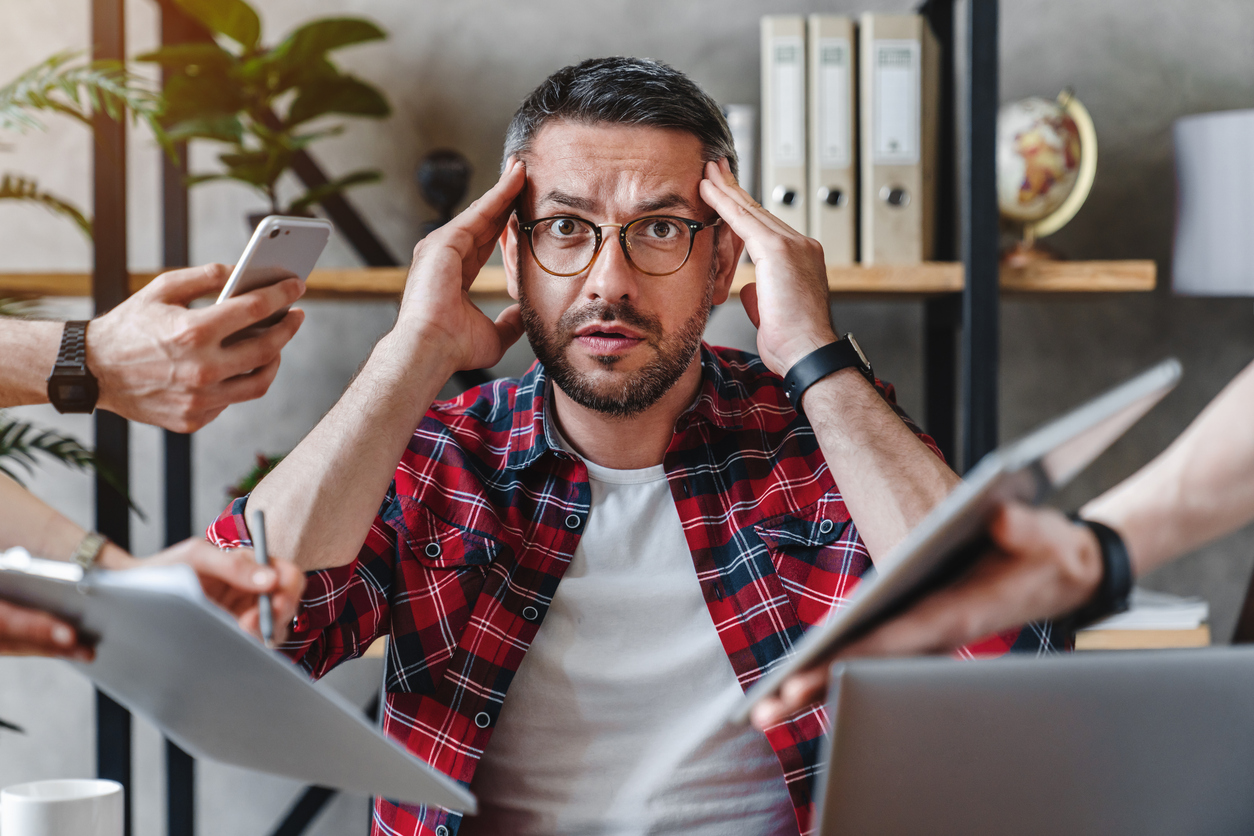
You probably don't “own” your digital purchases (and what to do about it)?
May 23, 2024
 By Tiffani Renken
By Tiffani Renken
Retail Banking Manager
We all love the convenience of digital purchases. Ebooks we can carry in our pockets, entire music libraries at our fingertips, and movie collections that don't take up shelf space. But with that convenience comes a question: do we actually own the digital products we buy?
The answer, unfortunately, is often no. In most cases, what you're really buying is a license to access the content, not the content itself. So when you buy a movie on Amazon, purchase an EBook on your Kindle, or download a song from Spotify or Pandora, this means the company you buy from retains ownership, and you're agreeing to certain terms about how you can use the product.
Put another way, it's almost like you're "renting" access instead of actually owning a physical product.
Here's why true ownership of digital products is a tricky concept:
- License vs. Purchase: The fine print (that we all tend to skip) often spells it out clearly. You're buying a license, not the product itself. This means the company can revoke your access if you violate those terms.
- Platform Dependence: Digital products are often tied to the platform you buy them on. That ebook you bought on Retailer X might not be accessible on Reader Y. Switching platforms would mean repurchasing the same content.
- The Cloud Factor: Many of our digital purchases are stored on company servers, not our own devices. If that company goes out of business, your entire digital library could disappear.
Here are a few things to keep in mind:
While we might not own our digital purchases in the same way we own a physical book, there are still ways to be a savvy digital consumer.
- Be Aware of the Terms: Don't just hit "accept" without skimming the terms of service. Understand what rights you're getting for your money.
- Consider DRM: Services like Amazon Kindle Books use something called Digital Rights Management (DRM), which limits your ability to back up, copy, lend or update your file.
- Think Long-Term: If long-term access is important to you, consider alternative sellers that promise "DRM-free" downloads of music, movies or books.
What does it mean to be DRM Free?
DRM-free means media without digital rights management, which allows users to play the music, movie, eBook or video game on any device and share it legally.
Whenever you make a media purchase online, make sure to read the fine print to make sure you're buying a "DRM-free" version of the file. Some companies might not allow this, so if ultimate ownership is important, you may want to shop elsewhere.
By understanding the limitations and making informed choices, you can get the most out of your digital purchases.